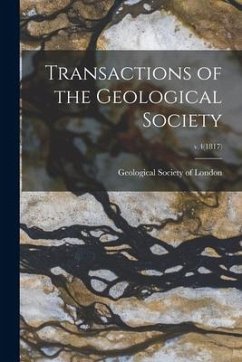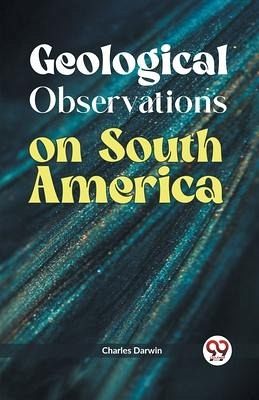
Geological Observations on South America
Versandkostenfrei!
Versandfertig in 1-2 Wochen
18,99 €
inkl. MwSt.

PAYBACK Punkte
9 °P sammeln!
"Geological Observations on South America," written by Charles Darwin, presents a comprehensive exploration of the geological features, formations, and natural history of the South American continent. Readers are compelled to continue reading to find out what happens next since the title character is so indulgent. The book is a compilation of Darwin's detailed observations and insights gathered during his famous voyage aboard the HMS Beagle from 1831 to 1836. In the book, Darwin meticulously documents the geological formations, fossils, and landscapes he encountered across South America, offer...
"Geological Observations on South America," written by Charles Darwin, presents a comprehensive exploration of the geological features, formations, and natural history of the South American continent. Readers are compelled to continue reading to find out what happens next since the title character is so indulgent. The book is a compilation of Darwin's detailed observations and insights gathered during his famous voyage aboard the HMS Beagle from 1831 to 1836. In the book, Darwin meticulously documents the geological formations, fossils, and landscapes he encountered across South America, offering a fascinating account of the continent's geological history. He introduces readers to the concept of gradual geological change, challenging prevailing notions of cataclysmic events shaping the Earth's surface. One of the prominent features of the book is Darwin's description of the Andes mountain range and his analysis of the forces that led to its uplift. He theorized that the mountains were formed through a slow process of elevation, contradicting earlier beliefs in instantaneous upheavals. Additionally, he explored the origins of coral reefs, volcanic activity, and the effects of erosion on the landscape.





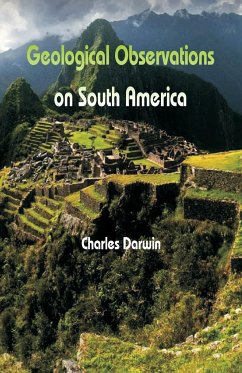
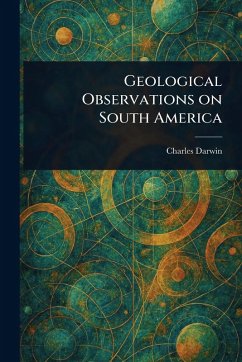
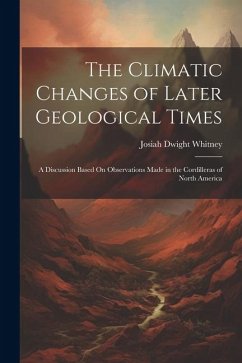
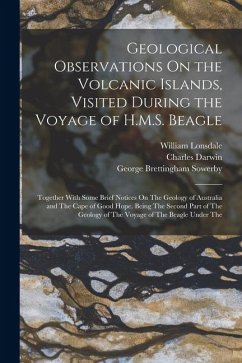
![Travels in North America, Canada, and Nova Scotia [microform]: With Geological Observations Cover Travels in North America, Canada, and Nova Scotia [microform]: With Geological Observations](https://bilder.buecher.de/produkte/65/65542/65542653n.jpg)
![A Catalogue of Official Reports Upon Geological Surveys of the United States and Territories, and of British North America [microform] Cover A Catalogue of Official Reports Upon Geological Surveys of the United States and Territories, and of British North America [microform]](https://bilder.buecher.de/produkte/65/65514/65514288n.jpg)

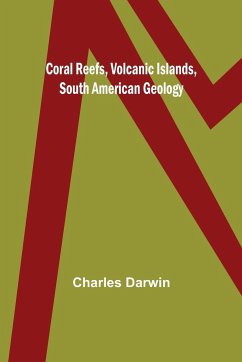
![Catalogue of Official Reports on Geological Surveys of the United States and British Provinces [microform] Cover Catalogue of Official Reports on Geological Surveys of the United States and British Provinces [microform]](https://bilder.buecher.de/produkte/66/66187/66187786n.jpg)
